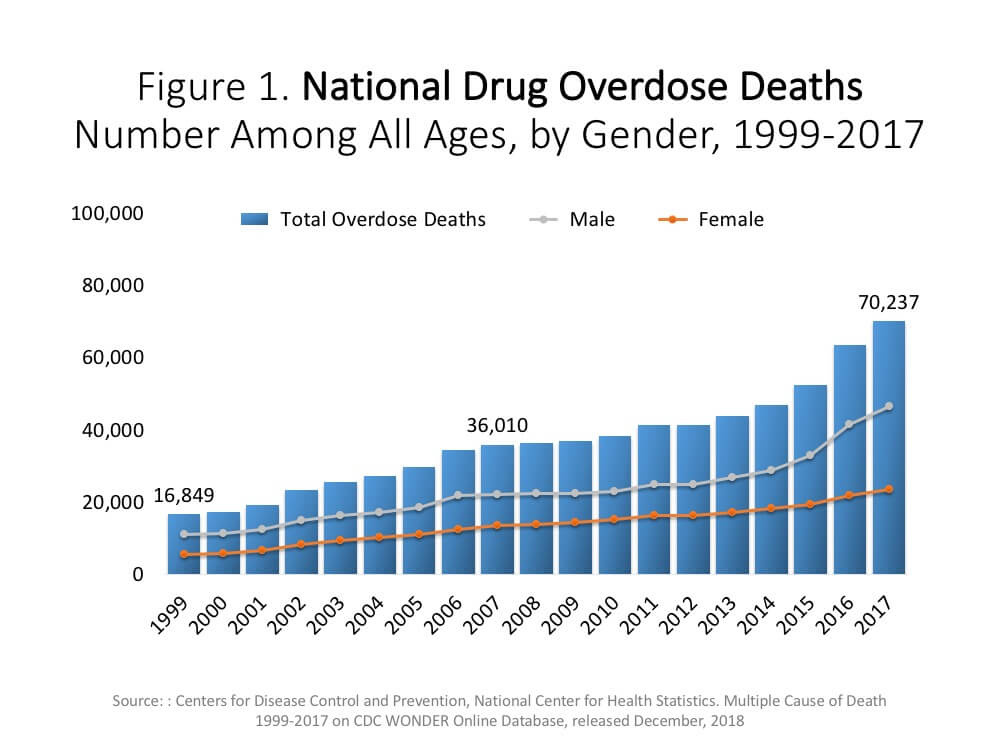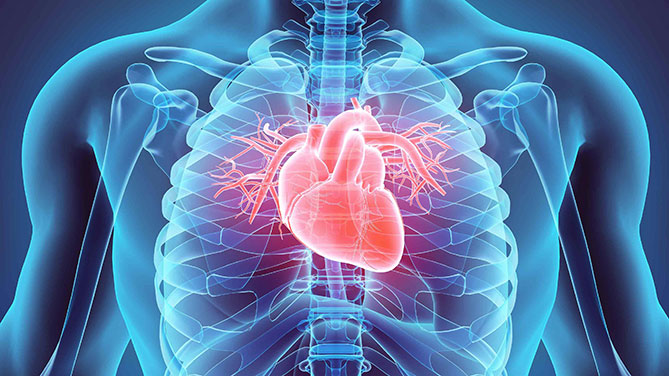Last Updated: 6/28/2019
Every year, a number of health concerns emerge in the United States that deserve special attention. The problems concern patients and physicians alike. By gaining information about the latest health concerns, families and individuals are more likely to protect themselves from the risks. Here we have put together the biggest health risks that you should be aware of:
Flu Season
According to the Centers for Disease Control and Prevention, the flu season seems to be getting more serious in recent years when compared to previous years. Normally, the flu season peaks anytime between December and February, however we’ve seen it start earlier in the year in recent flu seasons. While the flu is considered fairly common from the perspective of most people, it kills an estimated 646,000 people each year worldwide. Deaths in the U.S. alone account for an estimated 80,000 people annually; many of which are either on the younger or older side of the age spectrum. While many individuals get their annual flu shot, it’s important to note that the flu vaccine (which changes from year to year based on the present flu strain) typically ranges in its effectiveness level from 50% down to less than 10%.
Antibiotic-Resistant Bacteria
The public first became aware of antibiotic-resistant bacteria when cases of methicillin-resistant Staph aureus or MRSA were reported. However, since 2013, the Centers for Disease Control and Prevention reports that there are now more than 18 strains of bacteria that developed resistance. Every year, approximately two million people develop infections from resistant bacteria and approximately 23,000 fatalities occur.
Drug Overdose Epidemic
We are now seeing over 70,000 reported fatalities linked to drug overdoses every year; a number that has sharply increasing every year for the past few years.
In many cities across the United States, Fentanyl or a derivative was responsible for the majority of deaths. The prescription pain reliever is 500 times more potent than morphine. A dose no larger than a few salt crystals can prove fatal. Unfortunately, the drug makes its way to the street where dealers combine Fentanyl with cocaine, heroin or other substances. Unsuspecting drug abusers purchase the formulas and become victims of an overdose. Other prescription medications implicated in accidental overdose deaths include benzodiazepines. The group of medications include Ativan and Xanax and are responsible for up to 10,000 of the annual fatalities.
Heart Disease
More than 614,000 deaths in the United States are attributed to heart disease, which remains the leading cause of death. One-fourth of the fatalities are caused by cardiac arrest. Heart disease may describe a variety of cardiac-related conditions including coronary artery blockages, angina, abnormal heart rhythms and heart failure. While more men die of heart attacks when compared to women, women are at an additional risk because they often do not experience typical warning signs.
Cancer
Despite advances made in detection, treatment and research, cancer remains the second leading cause of death in the United States. Although cases are gradually declining, more than 600,000 people die annually as a result of cancer in the United States. It is now known that various infectious processes may progress to malignancy. The list of infections includes Helicobacter pylori bacteria, which causes gastric ulcers, hepatitis B and C, the human papillomavirus and HIV. Individuals can reduce their risk of developing cancer by maintaining a healthy weight, adopting a healthier diet, avoiding extensive sun exposure and by eliminating tobacco products.
Energy Drinks
The World Health Organization reports that the ingredients in popular energy drinks pose potential health risks and should not be consumed by children. The beverages contain anywhere from 80 to 350 milligrams of caffeine. The most an adult should consume in a 24-hour period is 400 milligrams. However, many individuals drink multiple cans of the beverage each day. Along with regular caffeine, the drinks also contain the substance in hidden forms that include guarana, kola nuts or yerba mate. Manufacturers also often include the amino acid taurine, which enhances the effects of caffeine. The ingredients cause increased heart rates and constricted blood vessels, which could lead to heart attacks or strokes.
Do you have any emerging health risks on your mind that didn’t make our list? Let us know in the comments section below.











